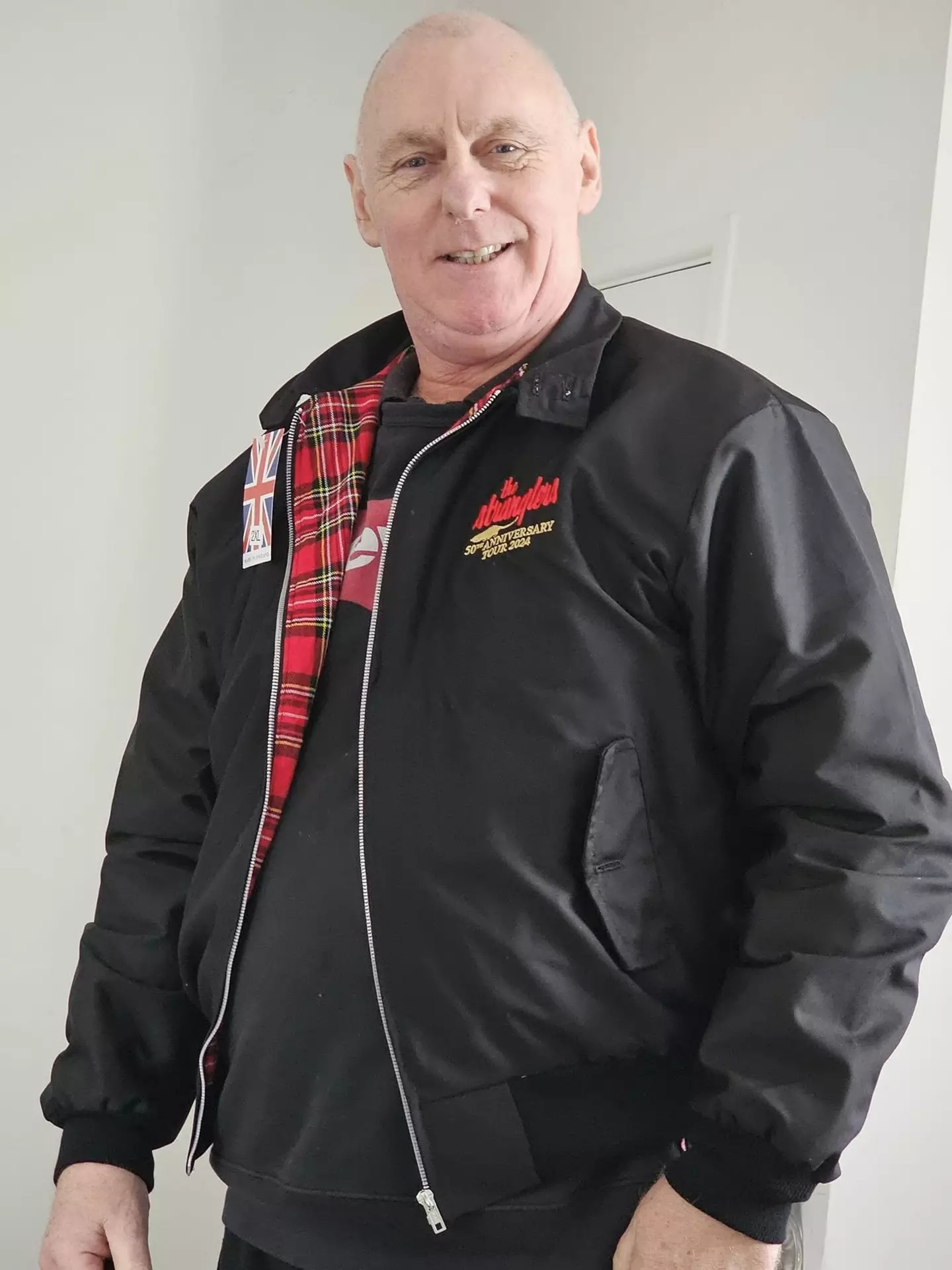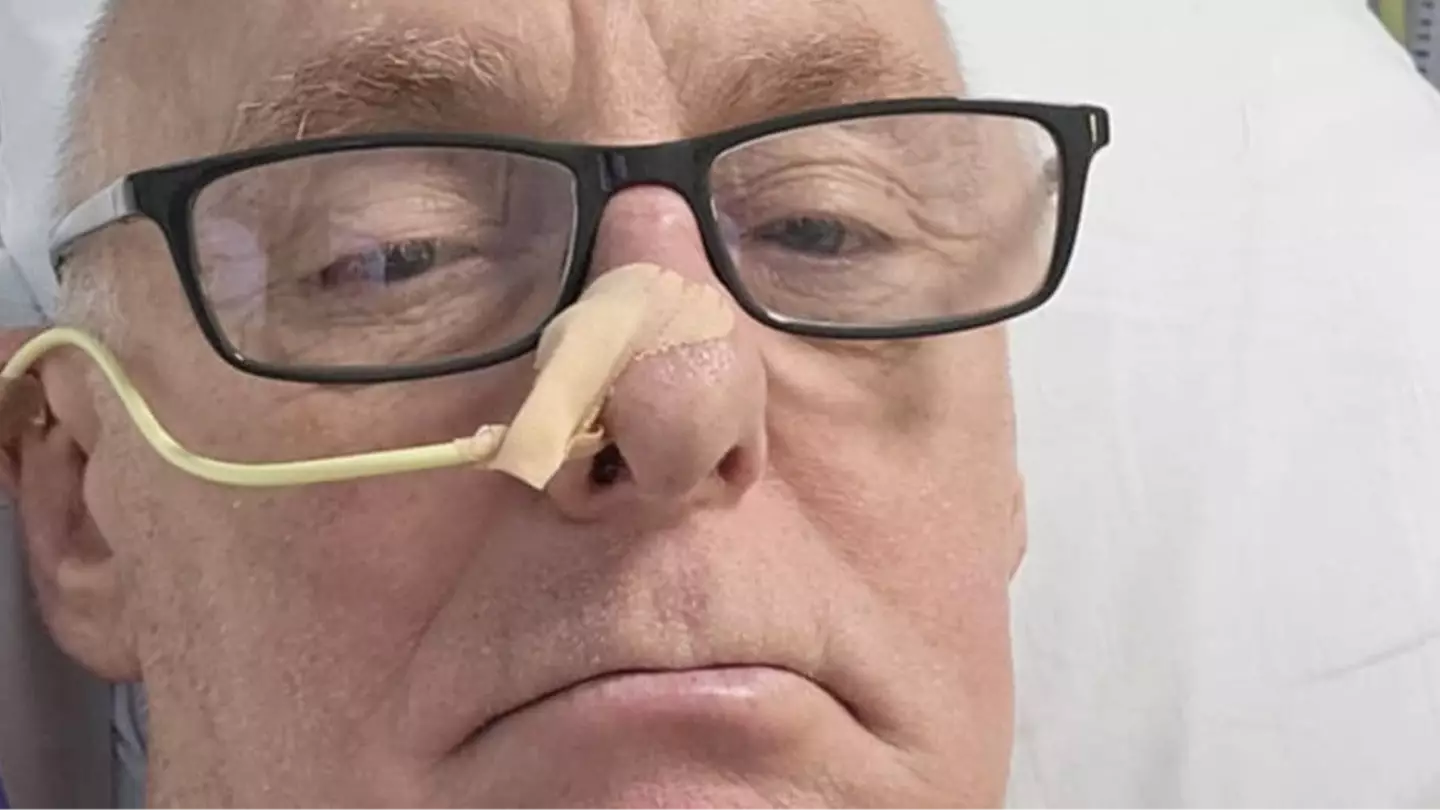An expert in healthcare has explained the connection between oral sex and throat cancer after a British man unexpectedly received a diagnosis of the serious illness.
In November 2023, Frank Lane discovered a hard, egg-sized lump on the right side of his neck. Initially, he attributed it to swollen glands resulting from a gym workout. However, after noticing no improvement over two weeks, he decided to consult his doctor.
“When the doctor looked in my mouth she could actually see it sticking out of the top of my tonsils, it was the size of a boiled egg,” he said.
After a biopsy, Frank received a throat cancer diagnosis 10 days later.
His doctors informed him that the cancer was likely triggered by the human papillomavirus (HPV), contracted through oral sex.

Approximately 18,000 Americans are diagnosed with throat cancer annually. A doctor has suggested the increase in cases, particularly among younger individuals, might be linked to oral sex.
Dr. Hisham Mehanna, from the University of Birmingham in the UK, wrote for the Conversation: “HPV is sexually transmitted. For oropharyngeal cancer, the main risk factor is the number of lifetime sexual partners, especially oral sex.
“Those with six or more lifetime oral sex partners are 8.5 times more likely to develop oropharyngeal cancer than those who do not practice oral sex.”
HPV is the most prevalent sexually transmitted infection in the US, with over 200 strains.
Some strains are associated with genital warts or cervical cancer, and now there is a known risk of throat cancer.
Mehanna explained: “The prevailing theory is that most of us catch HPV infections and are able to clear them completely. However, a small number of people are not able to get rid of the infection, maybe due to a defect in a particular aspect of their immune system.

“In those patients, the virus is able to replicate continuously, and over time integrates at random positions into the host’s DNA, some of which can cause the host cells to become cancerous.”
In Frank’s case, doctors deduced he contracted HPV about 40 years ago while serving in the army.
After being diagnosed, Frank went through two rounds of chemotherapy and a six-week course of radiotherapy.
“I was in the army for 12 years and that [radiotherapy] was the most painful thing I’ve ever experienced in my life,” he said.
Fortunately, the treatment was successful, and Frank is now in remission.
If you’ve been affected by any of these issues and would like to speak to someone confidentially, reach out to the American Cancer Society at 1-800-227-2345 or through their live chat feature, accessible 24/7 all year round.

